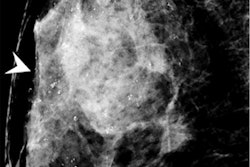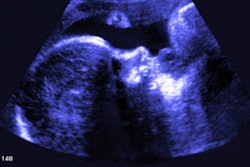Dear Women's Imaging Insider,
New data continues to shed light on the COVID-19 pandemic's effects on breast cancer screening volumes around the world, as well as potential consequences in the future. Over two years after the first COVID cases in the U.S., researchers are still determining how missed screenings caused by interruption of services have and will affect public health.
An Italian research team analyzed previous studies measuring breast cancer screening volumes and variations worldwide during the initial months of the pandemic and found that overall, breast cancer screening volume fell by nearly half. Read what they found in this issue's Insider Exclusive.
In related news, a team from Emory University found that breast and cervical cancer screening saw declines in volume during the pandemic that translates to over 2 million women who missed mammography exams.
In other news, clinical breast exams may not be needed for follow-up after breast cancer treatment, with mammography and patient symptoms detecting more recurrence.
Also, researchers found that contrast-enhanced mammography can be a useful alternative to supplemental MRI for assessing breast cancer treatment response. The two modalities were comparable when it came to assessing lesion size and Response Evaluation Criteria in Solid Tumors (RECIST) categories, the study authors wrote.
Plus, check out the following women's imaging stories:
- Researchers from Pakistan authored an editorial highlighting the need for including transgender patients in breast cancer screening.
- A German team found that artificial intelligence software and radiologists working together can see improved breast cancer screening workflow for better overall accuracy and reduced workload.
- Black U.S. women are most likely to experience delays in diagnosis after being recommended for biopsy for abnormal screening mammography results, University of Washington researchers have found.
- Breast ultrasound can be used successfully by trained nurses and clinicians to detect lesions in areas where radiologists are scarce, a study conducted in Africa found.
Find more articles like these by regularly visiting your Women's Imaging Community!




















